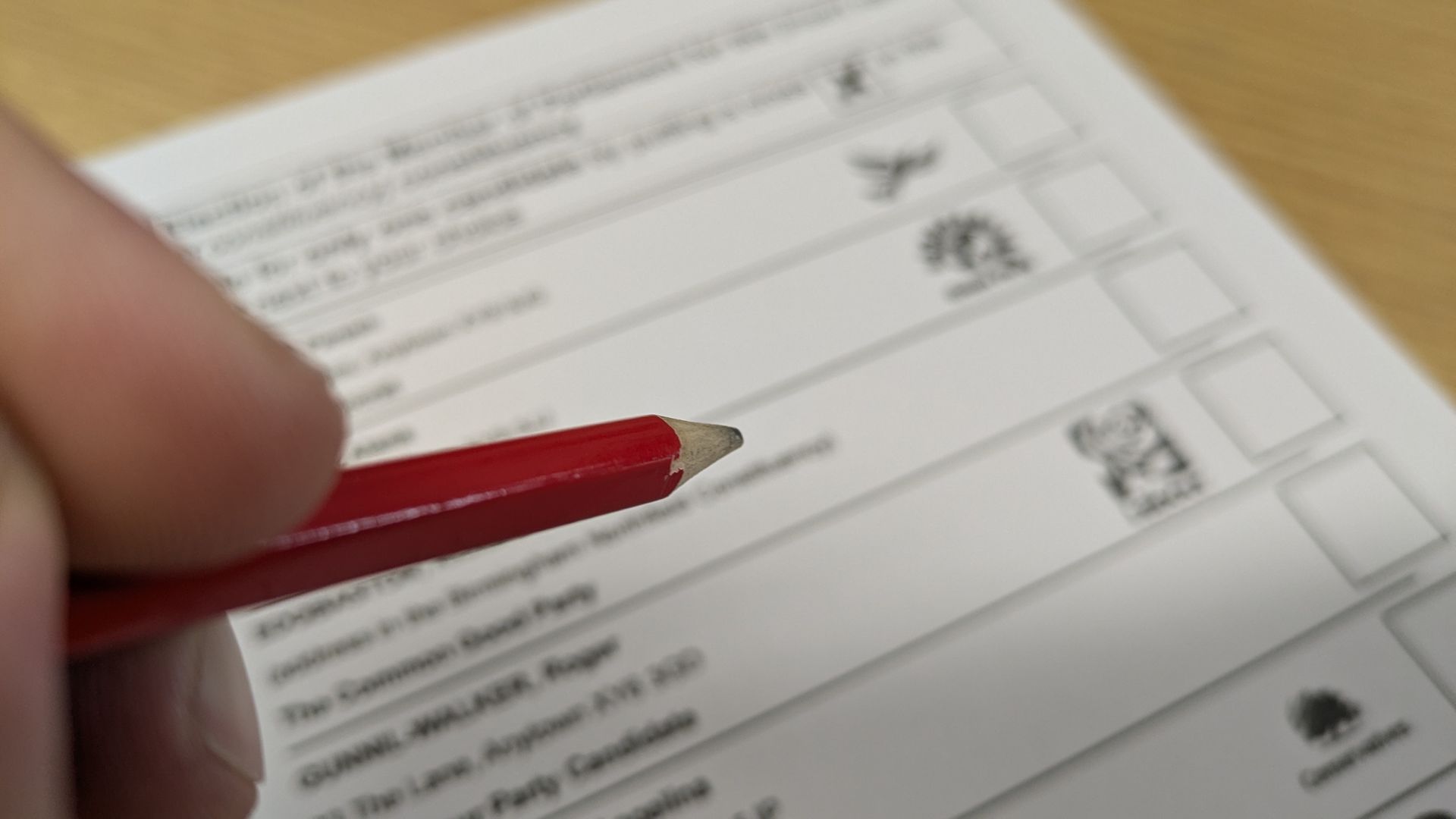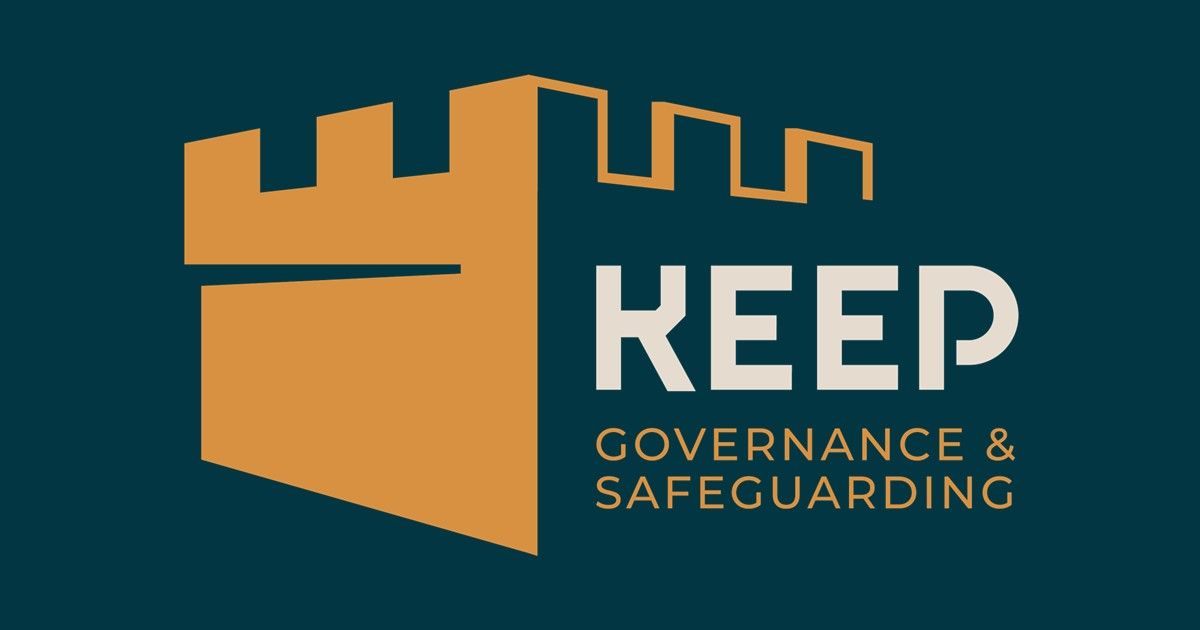My view - Safeguarding and the promises of the main parties
Which parties have commitments which will support safeguarding? new

Yesterday I published an article bringing together the commitments to safeguarding within the manifestos of the seven major parties. I tried to be as objective as possible.
Today, I want to be subjective and tell you what I think, based on all those commitments.
In the article yesterday I stated that responsible voting must consider how the parties view some of the most vulnerable people in society. Being vulnerable, in any way, creates spaces for abuse, neglect and exploitation to be more likely to happen. If our safeguarding work is going to be successful, leaders in any organisation, or in this case leading the country, must have a focus on tackling vulnerability and reducing risks to people who are vulnerable. Of course, there are many ways to do that, and you may disagree with my analysis. I am not trying to convince you to vote any particular way but to think, as I have been able to do through writing yesterday’s article, what the manifesto commitments tell us about each party’s priorities to safeguard the vulnerable.
The Winners!
The parties who are demonstrating the biggest commitment to safeguarding within their manifestos are the Green Party, Labour and the Liberal Democrats who have all come out well in the lead in my analysis. All three have commitments across the majority of areas looked at. The Liberal Democrats come out just in the lead and are the only party who have positive modern slavery and anti-trafficking commitments, but broadly these three have priorities which support safeguarding work throughout their manifestos.
In the middle
The Conservatives have a few commitments within their manifesto which is positive. I know it has been said many times by opposition parties, but while these commitments are good, I have to wonder why they have done so little to improve the situations for children in care or care leavers or to develop mental health services (two of the areas they come out strong on) in the last 5 or even 15 years?
It is also concerning to me that they are clearly undecided as to whether they intend to take the UK out of the internationally respected European Convention on Human Rights and the accountability the European Court of Human Rights brings. All other parities (with the exception of Reform UK) make manifesto commitments to keep us in here.
At the rear
And so, Plaid Cymru, Reform UK and the SNP seem to have made the fewest commitments to safeguarding within their manifestos. I guess for Plaid Cymru and the SNP their focus is on the issues that help make the case for independence. For Reform UK however there does seem to be an approach to focus, on a superficial level, on policies which appeal to a majority, but tend to stigmatise the most vulnerable. For instance, their commitments to leave the European Court of Human Rights, and to tackle youth crime through imposing punitive measures rather than through proactive preventative measures, or to relax rules around hate crime.
For context, my politics sits left of centre precisely because of my views around the role of government in protecting everybody and ensuring everybody is provided for. I see the shortcomings of our first-past-the-post electoral system, but feel that no system is perfect and there are really strong benefits of this system. This system generally works best when there is balance and the governing party changes after one or two terms in office. It looks as though the country agrees with me that it is time for change, but we’ll see what that looks like in the early hours of Friday morning.


The Shell Store
Canary Drive
Skylon Park
Hereford, HR2 6SR
Find us with what3words: ///slide.shut.courier
KeepSafe Ltd t/a Keep Governance and Safeguarding © 2025
Company No: 09802024
Keep Governance and Safeguarding ® is a registered trademark of KeepSafe Ltd
VAT No: 408 5074 05
View our Privacy Policy here.


